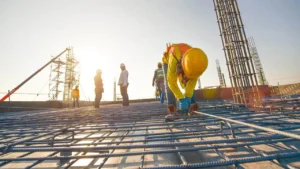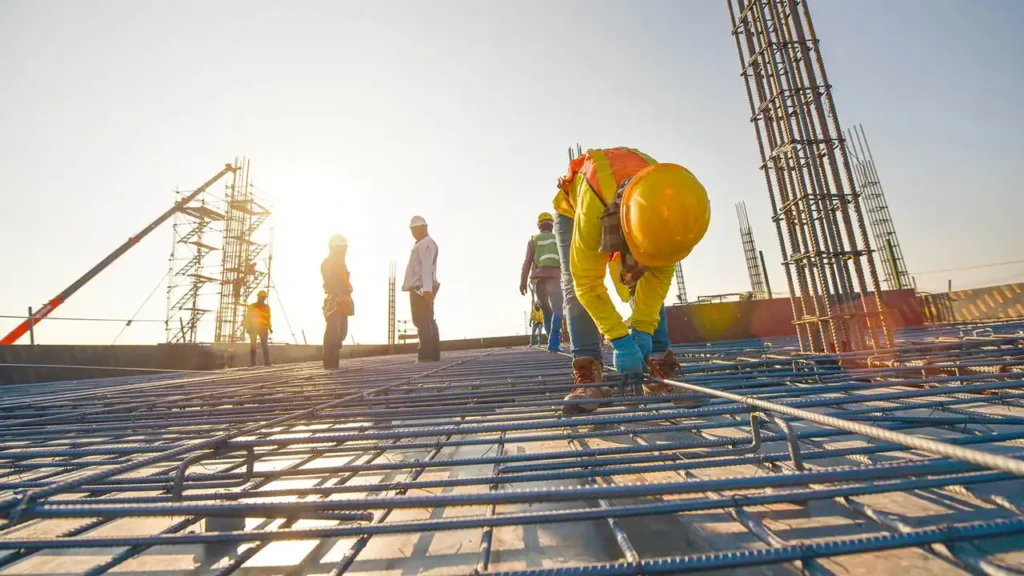Nigeria’s ambitious construction expansion, set to gain momentum in 2025, is now under threat due to rapidly increasing costs of essential building materials such as cement and steel. Industry players warn that if this trend continues unchecked, it could stall numerous infrastructure and housing projects across the country.
Cement and Steel Hit Record Prices
Cement, a key material in both residential and commercial construction, has witnessed consistent price hikes over the past year. In some regions, retail prices have exceeded ₦7,000 per 50kg bag, compared to just ₦4,500 a year ago. Likewise, the cost of steel—particularly iron rods and reinforcement bars—has skyrocketed due to inflation, import dependency, and naira devaluation.
Logistics Costs Add Another Layer of Burden
Transportation and logistics challenges have further exacerbated the cost crisis. High diesel prices, rising freight charges, and poor road infrastructure have driven up the cost of moving construction materials across states. Developers say delivery fees have doubled in some cases, putting additional pressure on overall project budgets.

Housing Targets at Risk
The National Housing Programme and other state-backed residential initiatives may fall short of their 2025 delivery goals unless material prices stabilize. With Nigeria already facing a housing deficit estimated at over 20 million units, affordable housing developers say they may be forced to scale back or halt projects if costs continue to spiral.
Investors and Builders Seek Urgent Intervention
Industry stakeholders are calling on the federal government to step in with policy support to curb inflation in the construction sector. Suggested solutions include:
-
Lower import duties on raw materials
-
Support for local cement and steel manufacturers
-
Fuel subsidies or alternative energy support for logistics firms
-
Easier access to credit for developers
Economic Implications Beyond Construction
The rising cost of construction has ripple effects across the economy. Higher building costs lead to increased property prices, making homes less affordable for middle and low-income earners. It also affects public infrastructure projects, delaying roads, bridges, and schools needed for national development.
Outlook: Recovery Tied to Price Stability
If the cost pressures persist through 2025, Nigeria’s construction sector may experience slowed growth despite high demand for real estate and infrastructure. However, with coordinated efforts from government, manufacturers, and private investors, the industry still has the potential to drive GDP growth, create jobs, and bridge the housing deficit.







